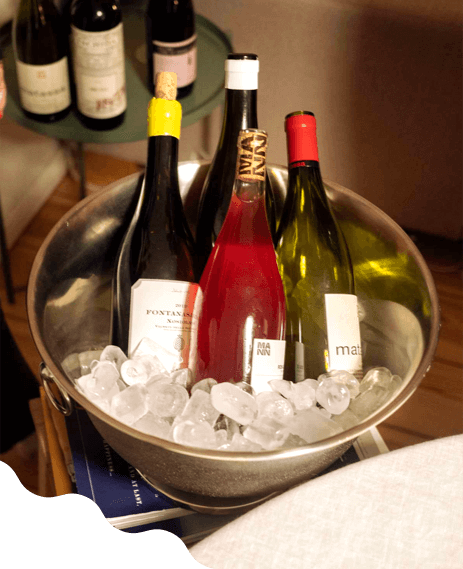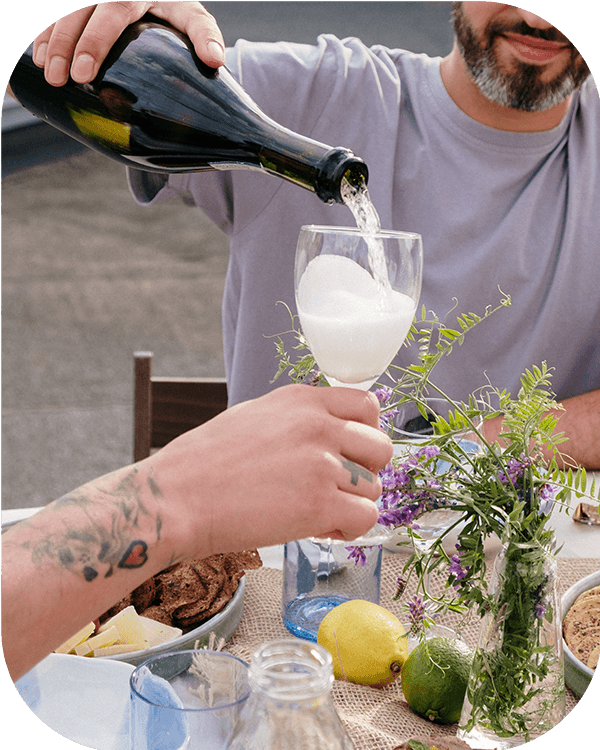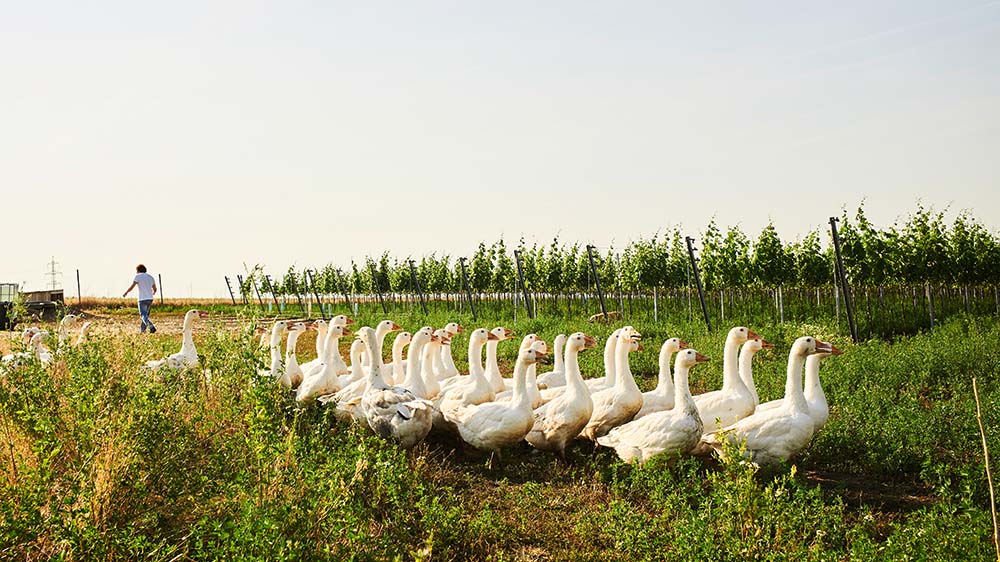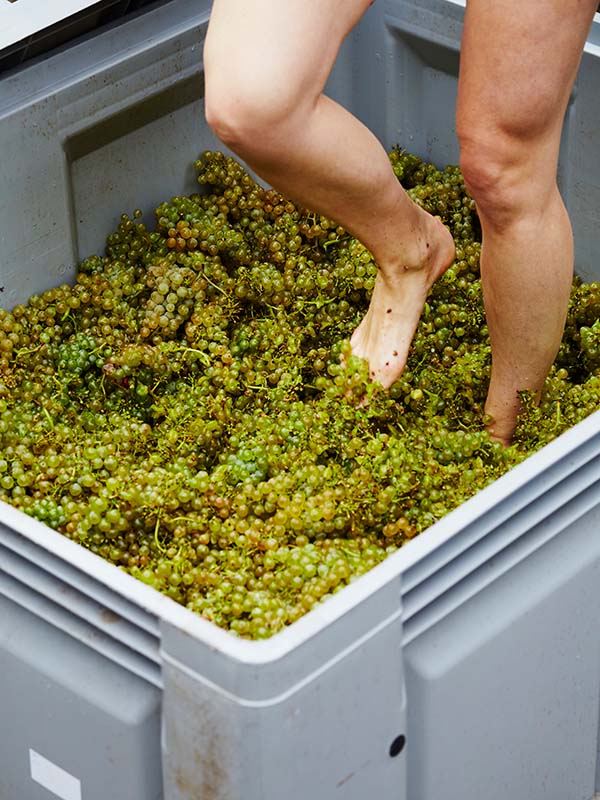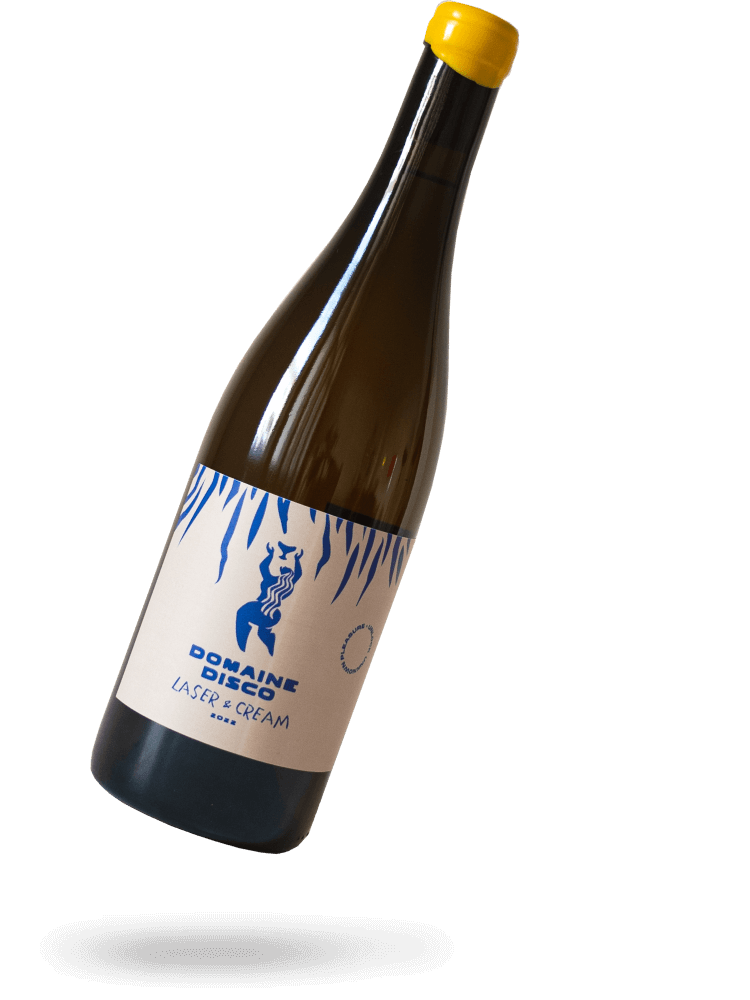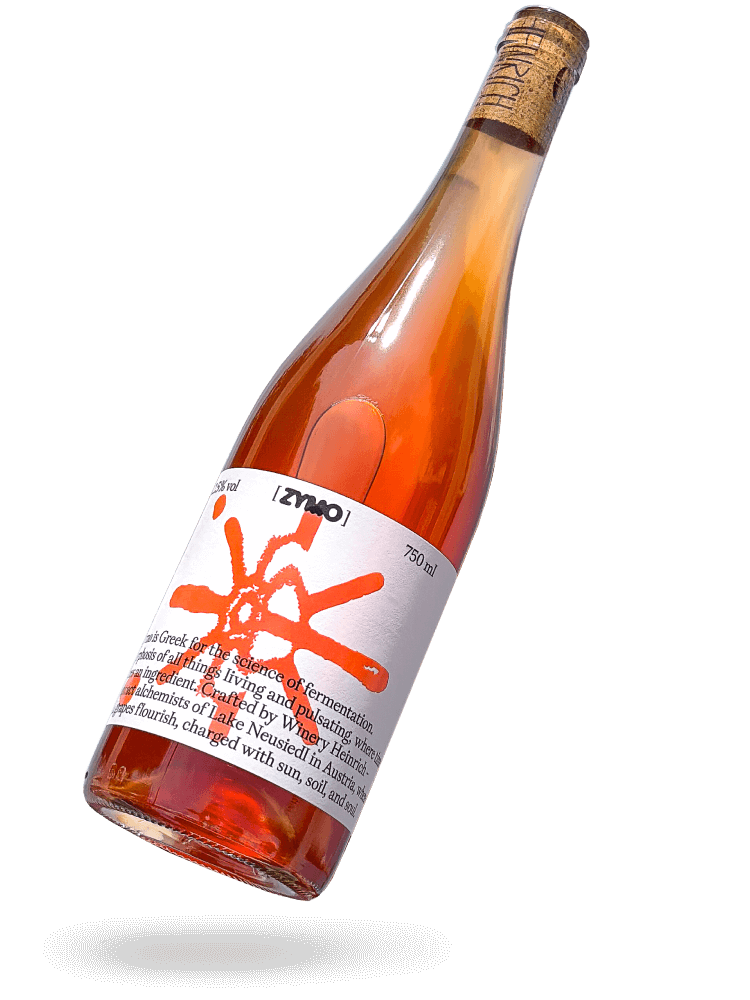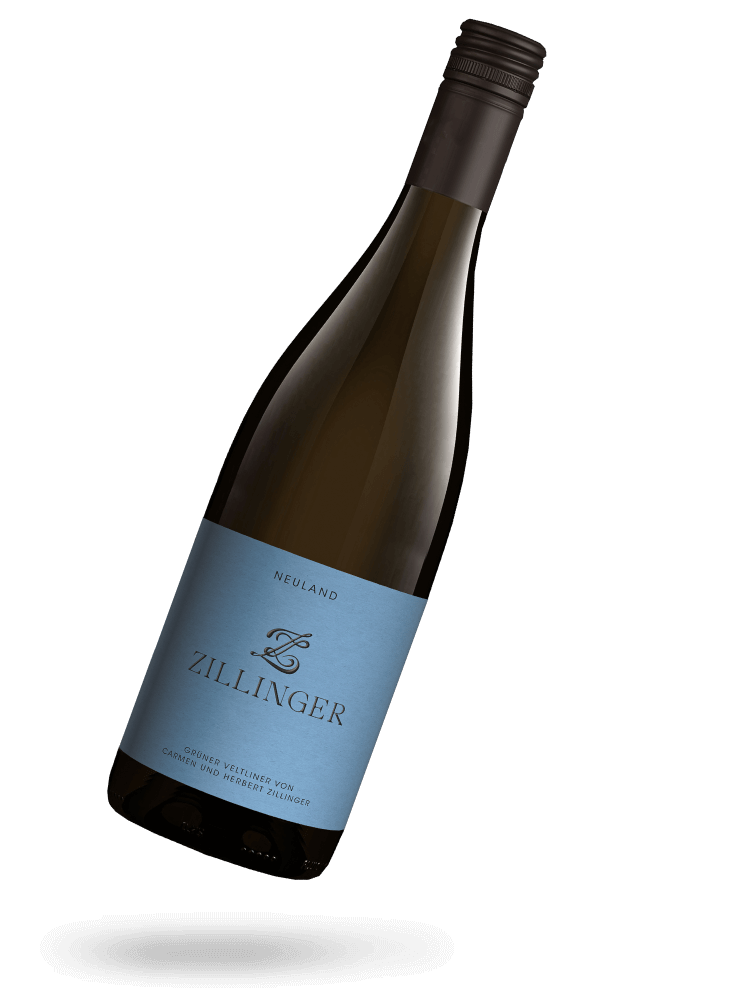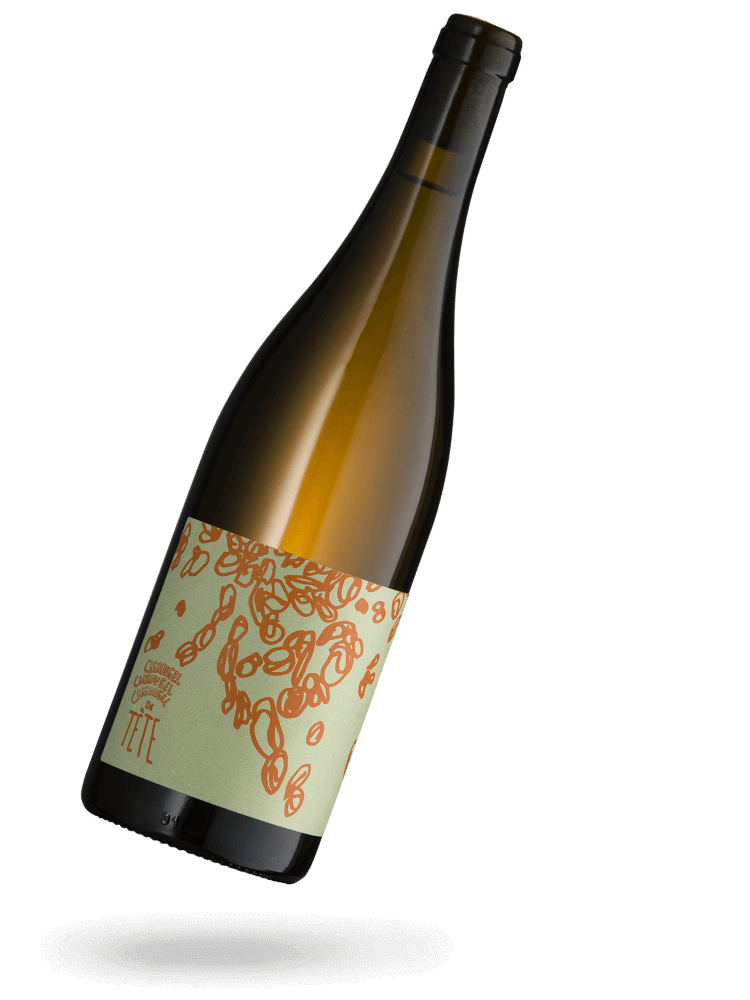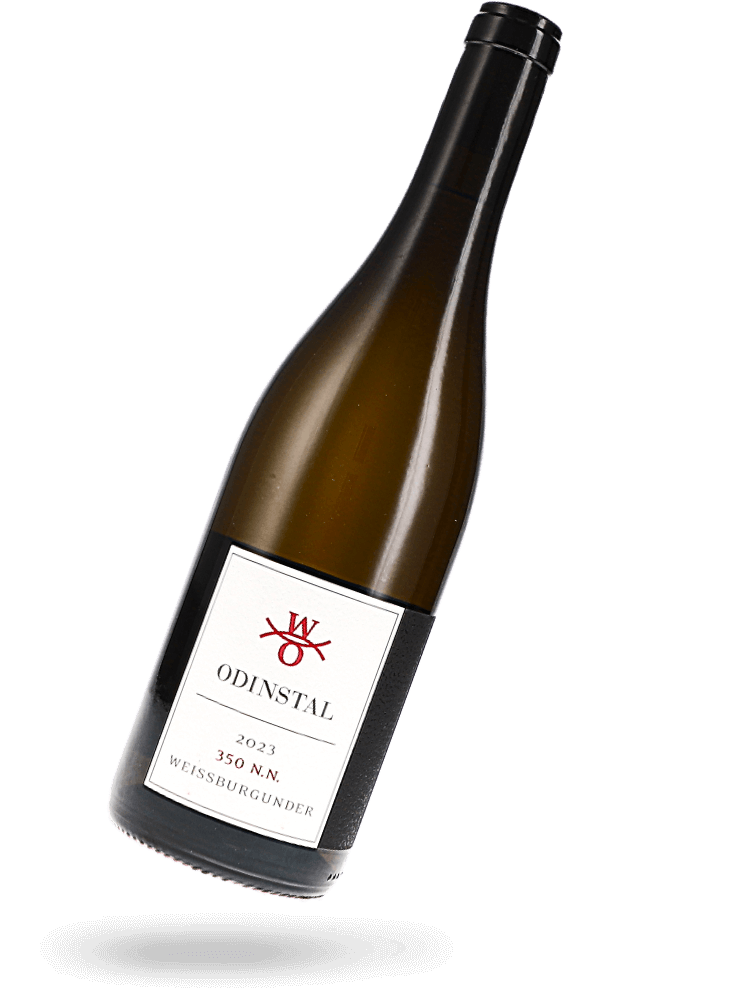What makes an organic wine? What are the guidelines?
Organic wines are characterised above all by the omission of pesticides, synthetic fertilisers and the use of genetic engineering. The idea of organic winegrowers is therefore not only to produce a high-quality and natural wine, but also to cultivate it gently and sustainably and in harmony with the ecosystem.
Compared to conventional winegrowers, there are strict guidelines for organic wines as to which fertilisers and pesticides may be used. Among other things, no herbicides may be used and weeds must be removed mechanically, not chemically or synthetically.
Organic winegrowers only spray their vines with natural substances such as copper, sulphur, baking powder or plant teas, and only to a very small extent. It goes without saying that the use of genetically modified organisms is not permitted for the cultivation of organic wine.
Once a vineyard is freed from synthetic chemicals, the plants greatly build up their resistance to disease over time. As a result, vineyards also need less external "help", which makes the whole environment healthier and also the wine more expressive.










